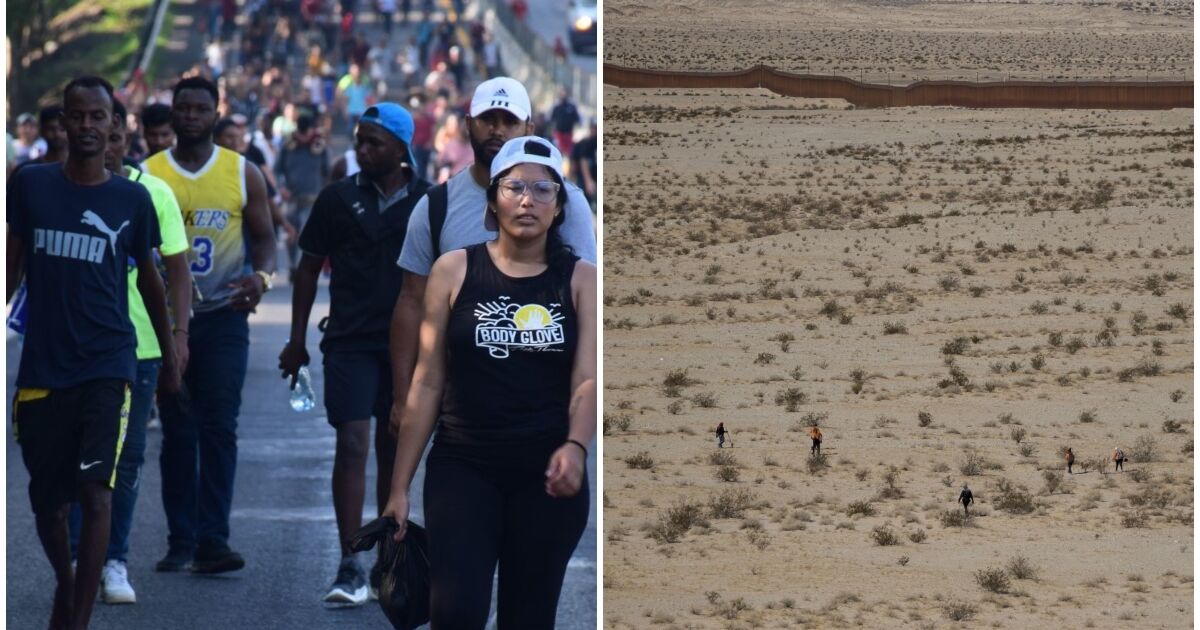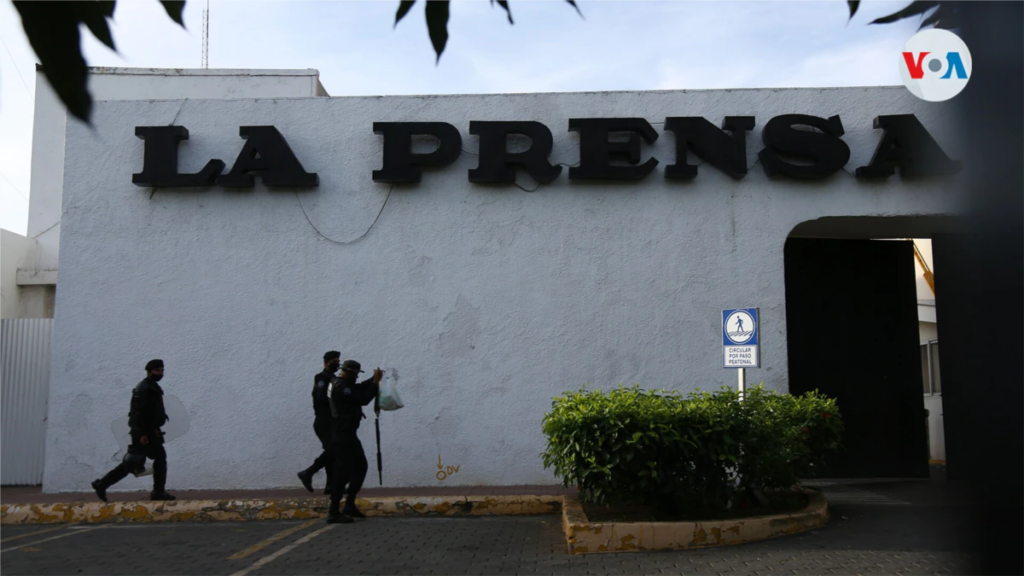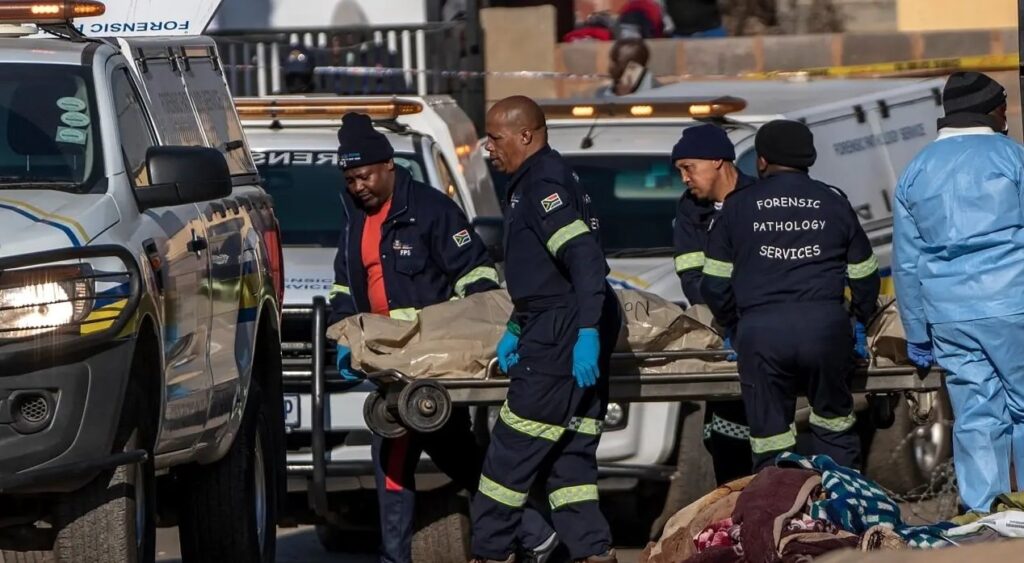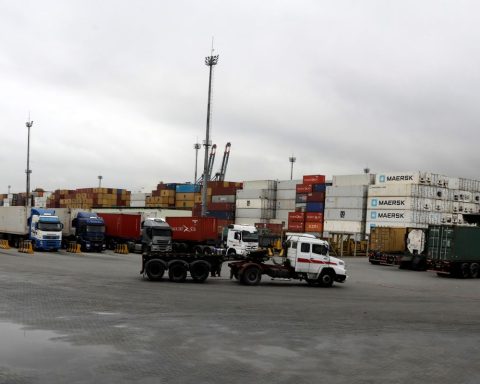Mariano’s story is one of hundreds of tragedies that end the lives of migrants who perish in their attempt to reach the United States. Today, more than ever, migrating has become a high-risk activity. Those who decide to leave their countries of origin –either to seek an opportunity for progress or to flee from violence– face an ordeal on their way: coyotes, violence, kidnappings, robberies, threats and stalking by organized crime.
“When there are more immigration control checkpoints in the country, migration becomes more expensive and more dangerous, because migrants have to look for criminal groups to help them cross; they call them coyotes, they are human traffickers. Now they charge more money and take them through more dangerous routes to avoid checkpoints. These measures are strengthening organized crime gangs”, she assures.
The amounts on which a migrant pays depend on the area from which he is contracted and the way in which he wishes to cross. Testimonies of migrants for this report indicate that they are charged between 2,000 and 7,000 dollars (that is, between 41,000 and 205,000 Mexican pesos). A report from the Ministry of the Interior shows that the average figure is 4,500 dollars (99,250 Mexican pesos).
Rocío González Higuera, head of the Unit for Migration Policy, Registration and Identity of Persons, of the Ministry of the Interior, said in a forum held in the Chamber of Deputies that in 2019 alone, migrant smuggling yielded profits of 615 million dollars. (about 12,600 million pesos).
The official explained that seven out of 10 migrants who come from Central America resort to a coyote; while five out of 10 Mexicans also paid for a pollero.
“It is a matter of supply and demand: faced with more need and restrictions, more people are looking for someone who can cross them into the United States, or if they come from Central America, who can cross them at the Mexican border. So, faced with more restriction, more corruption and more risk. They are forcing them to leave their lives because they could fall into the wrong hands,” says the director of the Juventud 2000 shelter, José María García Lara.
Xicoténcatl Carrasco, who is in direct contact with Mexican and Central American migrants, comments that payments to authorities for corruption are always included in the collection of smugglers.

















